
A member of the same family as the hibiscus and cotton, okra is a seasonal crop that thrives in hot climates. With a tough exterior and a center filled with soft seeds and mucilaginous juice, these long green pods are effective at thickening stews and lending texture and flavor to dishes. Okra perishes quickly, so if you can’t use it right away, you will need to preserve it. Dehydrating -- the process of eliminating the moisture -- enables you to store okra for a much longer period.
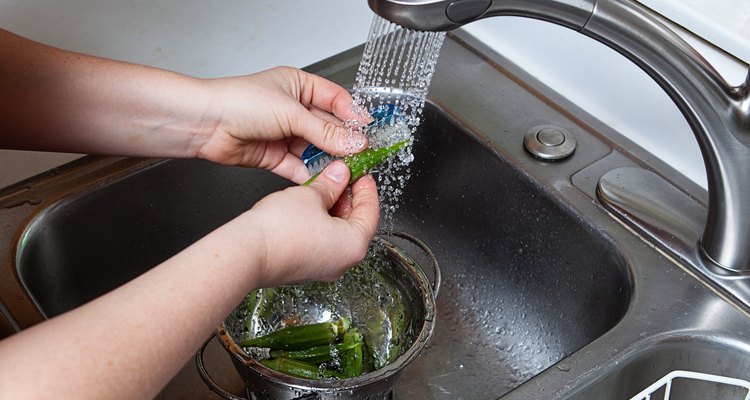
Wash the okra pods with a vegetable scrubber under cool running water to remove dirt.
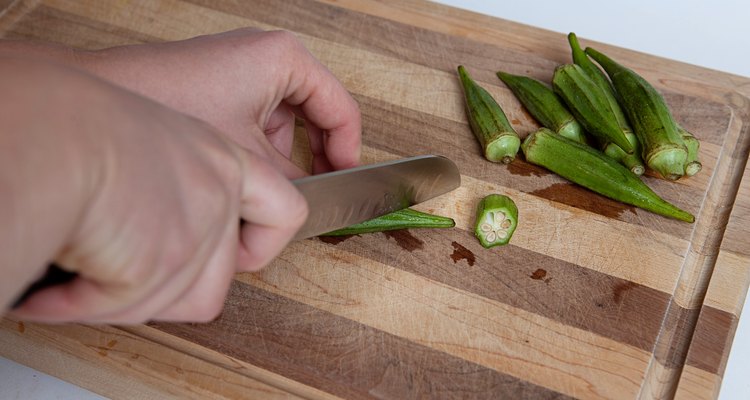
Slice off the stem and the hard tips from the pods with a knife.
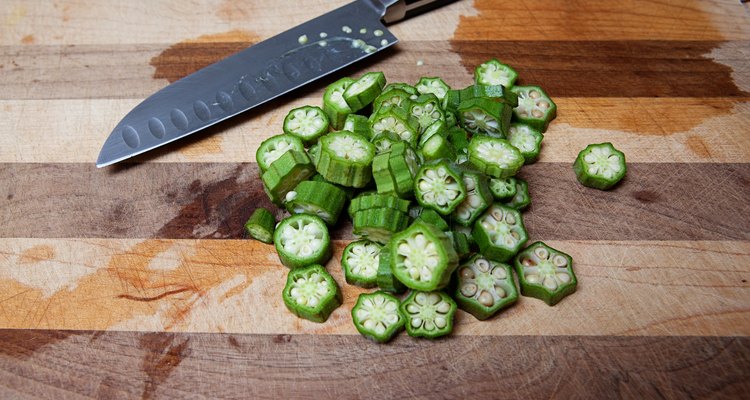
Slice the okra pods into 1/4-inch slices.
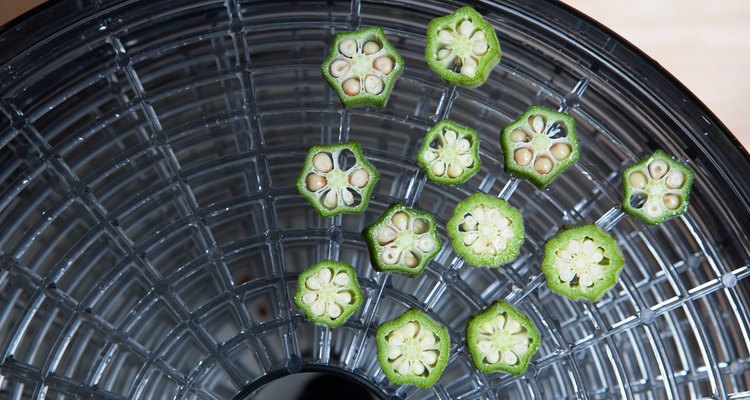
Place the okra into the tray of a dehydrator preheated to 140 degrees Fahrenheit.

Allow the okra to dry for eight to 10 hours. Check the temperature with a thermometer every couple of hours to make sure that it remains between 140 and 150 degrees.
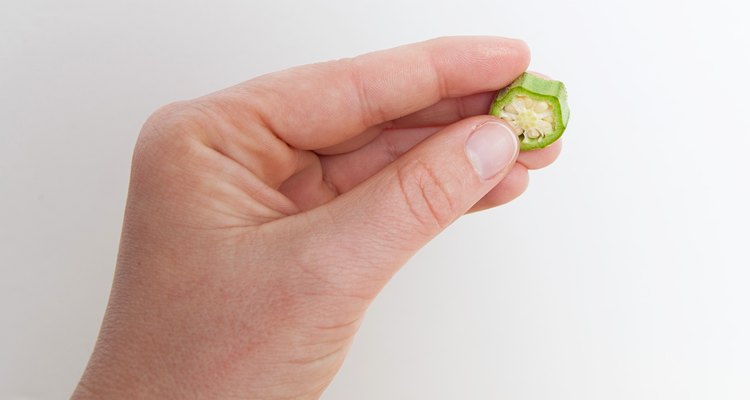
Check the okra after the eight-hour mark and every hour after that by taking out a couple of slices and cutting into them. When no moisture is rendered from cutting or squeezing and the texture is brittle, they are done.
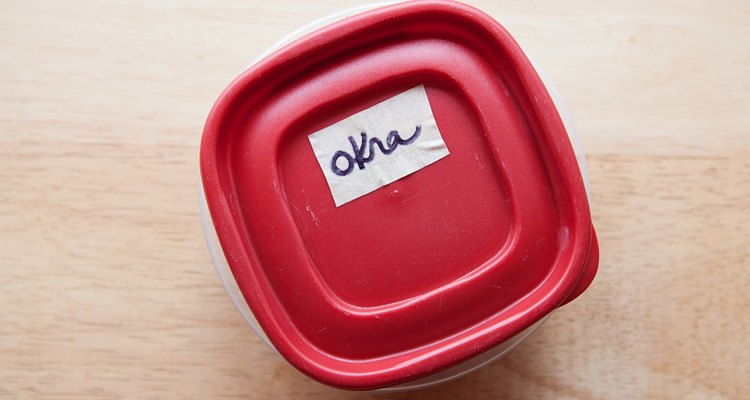
Cool the okra at room temperature before packaging it in an airtight container.
Related Articles

How to Tell When Okra Is Ripe

How to Freeze Cut Okra

How to Freeze Raw Zucchini

How to Blanch Okra

Tips for Slime on Okra

How to Clean Zucchini

Information About Cotton Fabric

How to Cook Manioc Root
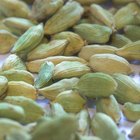
How to Remove a Cardamom Seed From a Pod

Differences in Acorn & Butternut Squash
How to Preserve Kohlrabi

How to Freeze Brioche

How Fast Does Cooked Spaghetti Squash ...

How to Boil Beetroot

How to Oven-Dry a Bitter Gourd

How to Cook Okra in the Microwave

How to Freeze Fresh Beets

How to Parboil Artichokes

How Long Does Banana Bread Stay Fresh?
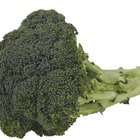
How to Eliminate Bitterness in Broccoli
References
Tips
- Store the dehydrated okra in a cool dry place for up to one year.
- Okra does not need to be blanched like other vegetables before drying.
Writer Bio
Melynda Sorrels spent 10 years in the military working in different capacities of the medical field, including dental assisting, health services administration, decontamination and urgent medical care. Awarded the National Guardsman’s Medal for Lifesaving efforts in 2002, Sorrels was also a nominee for a Red Cross Award and a certified EMT-B for four years.
Photo Credits
Elizabeth Johnston/Demand Media